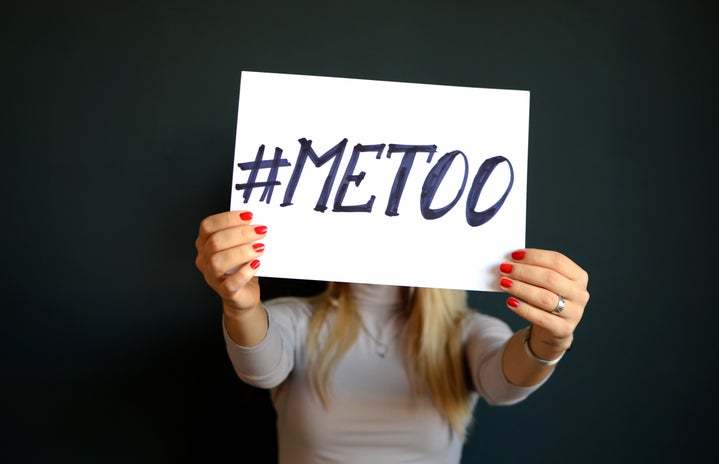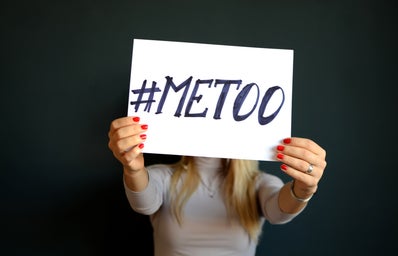On Feb. 24, 2020, Harvey Weinstein was found guilty of first-degree criminal sexual act against Miriam Haley and third-degree rape of Jessica Mann following five days of deliberations by a jury. On Wednesday, March 11, 2020, Weinstein was sentenced to 23 years in prison and at his age of 67, potentially the rest of his life.
Haley and Mann are just two among six women who testified against him in court, all recounting incidents when Weinstein sexually assaulted or harassed them. Annabella Sciorra, Dawn Dunning, Tarale Wulff and Lauren Marie Young also testified. Sciorra’s testimony was used to support Haley and Mann’s charges of predatory sexual assault against Weinstein. The accounts of Dunning, Wulff and Young were used by prosecutors to unveil the multiple accounts of predatory behavior Weinstein demonstrated over the years, though they were not part of the criminal charges.
According to Haley, Weinstein’s assault “crushed a part of her spirit,” and she hopes that the twenty-three-year sentence will be long enough for Weinstein to “acknowledge what he’s done and be truly sorry.” She also claimed that she had no doubt that “If Harvey Weinstein hadn’t been convicted for sexual assault and rape by this jury, it would’ve happened again, and again, again.”
Mann made a statement as well, that “The effects of my health are invisible but it doesn’t mean they are any less real. I could list for you all the effects on my health but that would take far too long and I am not here to give any more power over to the man who stole my body already.”
Shortly before the sentencing, Weinstein made a statement where he recalled the relationship he had with the women who accused him, expressed his concern for the “thousands of men and women who are losing due process”, compared his situation and the #MeToo movement to the Red Scare, listed all the ways in which he has helped people through philanthropic work, and overall claimed “confusion” about the accusations against him. However, Weinstein did not testify in his own defense during the trial.
State Supreme Court Justice James A. Burke had the option to sentence Weinstein anywhere from five to twenty-nine years in prison and claimed, “Although this is a first conviction, it is not a first offense… There is evidence before me of other incidents of sexual assault involving a number of women, all of which are legitimate considerations for sentence.” This trial and sentence is a landmark case that could set a precedent and change the outcome of similar cases in the future.
Being that the exposure of the sexual assault allegations against Weinstein is what sparked the #MeToo movement in October 2017, this sentence is a victory not only for the women who were directly affected but also for women who have shared a similar experience. This sentence gives power to all women to share their stories and hope to those that justice will be served.
Want to see more HCFSU? Be sure to like us on Facebook and follow us on Instagram, Twitter and Pinterest!




